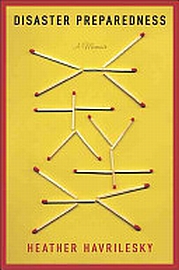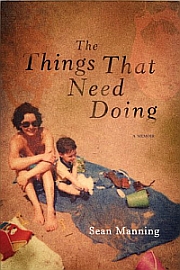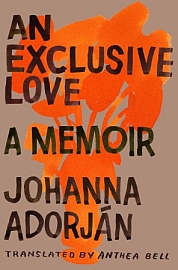- HOME
- INTRO TO THE FORUM
- USE AND MISUSE
- BADLY WRITTEN, BADLY SPOKEN
- GETTING
TO KNOW ENGLISH - PREPARING FOR ENGLISH PROFICIENCY TESTS
- GOING DEEPER INTO ENGLISH
- YOU ASKED ME THIS QUESTION
- EDUCATION AND TEACHING FORUM
- ADVICE AND DISSENT
- MY MEDIA ENGLISH WATCH
- STUDENTS' SOUNDING BOARD
- LANGUAGE HUMOR AT ITS FINEST
- THE LOUNGE
- NOTABLE WORKS BY OUR VERY OWN
- ESSAYS BY JOSE CARILLO
- A Unified Approach To The Proper Use Of Punctuation In English - II
- A Unified Approach To The Proper Use Of Punctuation In English - III
- Steeling Ourselves Against Common Subject-Verb Disagreement Pitfalls
- The Appropriate Way To Position Subordinate Clauses And Phrases
- Please Don’t Wish Me ‘More Power!’
- Let’s Say Goodbye To Those Irritating English Clichés
- ABOUT JOSE CARILLO
- READINGS ABOUT LANGUAGE
- TIME OUT FROM ENGLISH GRAMMAR
- NEWS AND COMMENTARY
- BOOKSHOP
- ARCHIVES
ADVICE AND DISSENT
This section features discussions on education, learning and teaching, and language with particular focus on English. The primary subjects to be taken up here are notable advocacies and contrary viewpoints in these disciplines and their allied fields. Our primary aim is to clarify matters and issues of importance to language and learning, provide intelligent and useful instruction, promote rational and critical thinking, and enhance the individual’s overall capacity for discernment.
A rule of thumb for the absurdly bloated genre of memoir writing
In “The Problem with Memoirs,” a review of four memoirs published recently in the United States, staff editor Neil Genzlinger of The New York Times bewails today’s flood of worthless memoirs engendered by what he calls “our current age of oversharing.” Now, he observes, memoir-eligible authors under the old rules “are lost in a sea of people you’ve never heard of, writing uninterestingly about the unexceptional, apparently not realizing how commonplace their little wrinkle is or how many other people have already written about it.”
In what he acknowledges as a possibly futile effort to restore some standards to this absurdly bloated genre, Genzlinger reviews the four recently published memoirs—Disaster Preparedness by Heather Havrilesky (Riverhead Books, 239 pages), The Things That Need Doing: A Memoir by Sean Manning (Broadway Paperbacks, 240 pages), Twin: A Memoir by Allen Shawn (Viking, 232 pages), and An Exclusive Love by Johanna Adorjan (W. W. Norton & Company, 185 pages)—and offers some guidelines for would-be memoirists.




Genzlinger suggests that what makes a good memoir is a shared discovery, “not a regurgitation of ordinariness or ordeal, not a dart thrown desperately at a trendy topic,” then offers this rule of thumb to would-be memoirists: “If you didn’t feel you were discovering something as you wrote your memoir, don’t publish it. Instead hit the delete key, and then go congratulate yourself for having lived a perfectly good, undistinguished life. There’s no shame in that.”
Read Neil Genzlinger’s “The Problem with Memoirs” in The New York Times now!
RELATED READING:
In “Will great grammar assure a great career?”, an article that came out in the February 2, 2011 issue of the Faculty of 1000 Post-Publication Peer Review, Dr. Morgan Giddings, PhD, argues that you can hire any of many thousands of people who specialize in editing to fix your grammar on your next proposal, paper, or blog post, but you can’t hire any of many thousands of people to create your original ideas and research program for you, or to successfully direct the carrying out of that program through all the roadblocks and hurdles it will encounter. “The great danger I see in focusing on the particulars of grammar is that of getting trapped in a perfectionist thought loop akin to a Möbius strip,” he says.
Click to read responses or post a response
View the complete list of postings in this section
(requires registration to view & post)







